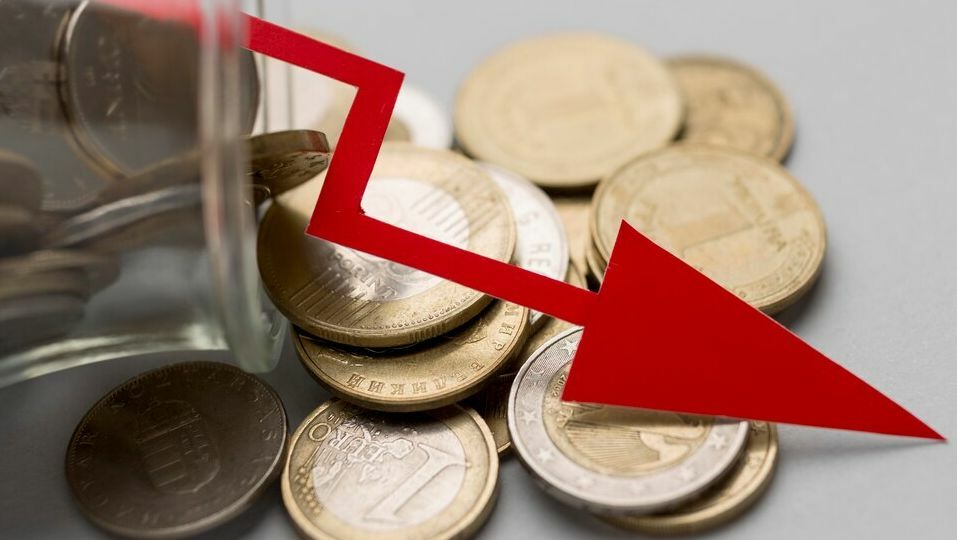Thailand’s headline CPI sees unanticipated drop in December

Thailand’s Commerce Ministry announced today that the country’s headline consumer price index (CPI) experienced a 0.83% decrease in December compared to the same period a year earlier. This figure is a steeper drop than the 0.44% year-on-year decrease seen in the preceding month.
Contrasting with the anticipated 0.30% fall for December as per a Reuters poll, the actual result was a more significant decrease. Additionally, the core CPI recorded an upward motion of 0.58% year-on-year in December. This figure narrowly missed the forecasted increase of 0.60%.
The data underscores the ongoing economic challenges faced by Thailand, particularly in the wake of global financial disruptions.
While the numbers may paint a bleak picture, they also present an opportunity for the country to reassess and adapt its economic strategies to counter such volatilities.
The crucial task now is to balance economic recovery with financial stability, a challenge that is not unique to Thailand but shared globally. The CPI’s movements serve as a barometer for inflation, indicating the rate at which the general level of prices for goods and services is rising or falling, Bangkok Post.
As such, the latest figures provide a fresh perspective on the economic landscape and the road ahead for Thailand. While the steeper-than-expected drop in the headline CPI may raise concerns, the increase in the core CPI points to some underlying strength in the economy.
In the end, these statistics serve as a reminder of the fluidity of economic landscapes and the critical role that timely data and informed decision-making play in navigating these often challenging terrains.
Thailand Prime Minister Srettha Thavisin urges cautious monetary policy amid economic recovery. The 61 year old Thai PM urges the Bank of Thailand to consider the potential risks to the country’s delicate economic recovery when making decisions regarding monetary policy.
He expressed concern that the decade-high borrowing costs, currently standing at 2.5%, could potentially impede the nation’s economic revival and affect the populace adversely.
During a parliamentary budget debate, PM Srettha revealed that the proposed 3.48 trillion baht (US$101 billion) budget for the fiscal year ending September 30, would result in a deficit of 693 billion baht (US$20 billion).
Latest Thailand News
Follow The Thaiger on Google News:


























